Nuclear subs, China aggression to top UK talks
Scott Morrison will host Britain’s foreign affairs and defence ministers in Sydney for the first time since the Covid-19 pandemic this week.
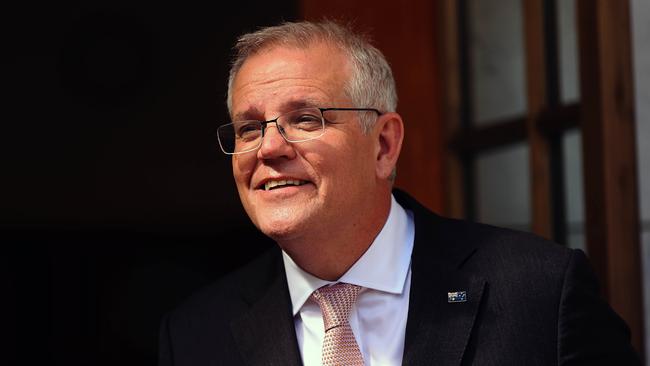
Scott Morrison will host Britain’s foreign affairs and defence ministers in Sydney for the first time since the Covid-19 pandemic this week, ahead of senior ministerial-level talks aimed at strengthening defence co-operation and advancing the AUKUS nuclear submarine agreement.
Britain’s Foreign Secretary Liz Truss and Defence Secretary Ben Wallace will arrive in Sydney this week and meet the Prime Minister at Kirribilli House on Thursday, as the government pushes for Western allies to have a stronger presence in the Indo-Pacific as a counterbalance to China.
Ms Truss and Mr Wallace will attend a formal meeting on Friday with Foreign Minister Marise Payne and Defence Minister Peter Dutton as part of the annual Australia-United Kingdom ministerial consultations.
The discussions will focus on how the allies can better co-ordinate to respond to “threats and challenges” to the liberal international order and how Britain can be a bigger player in the Indo-Pacific region.
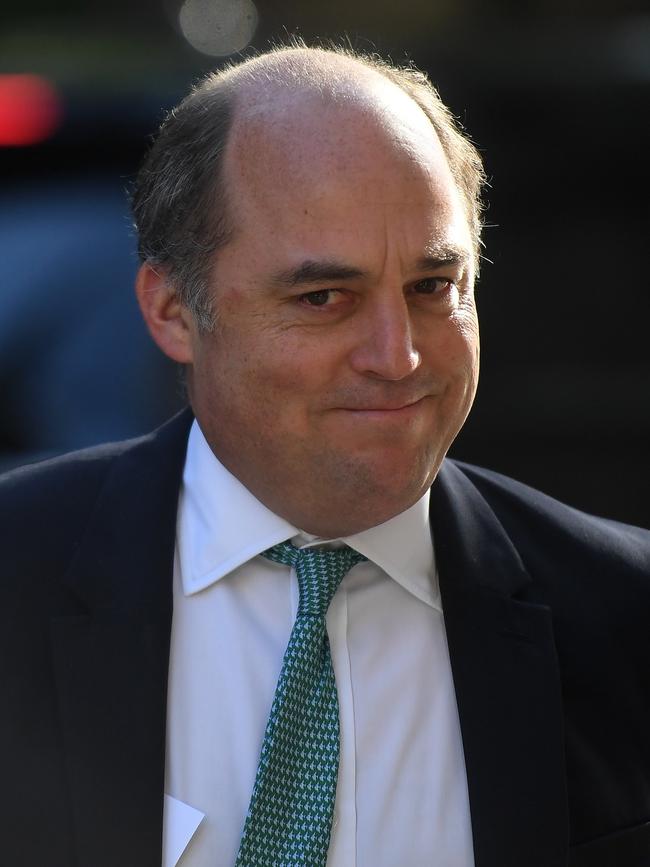
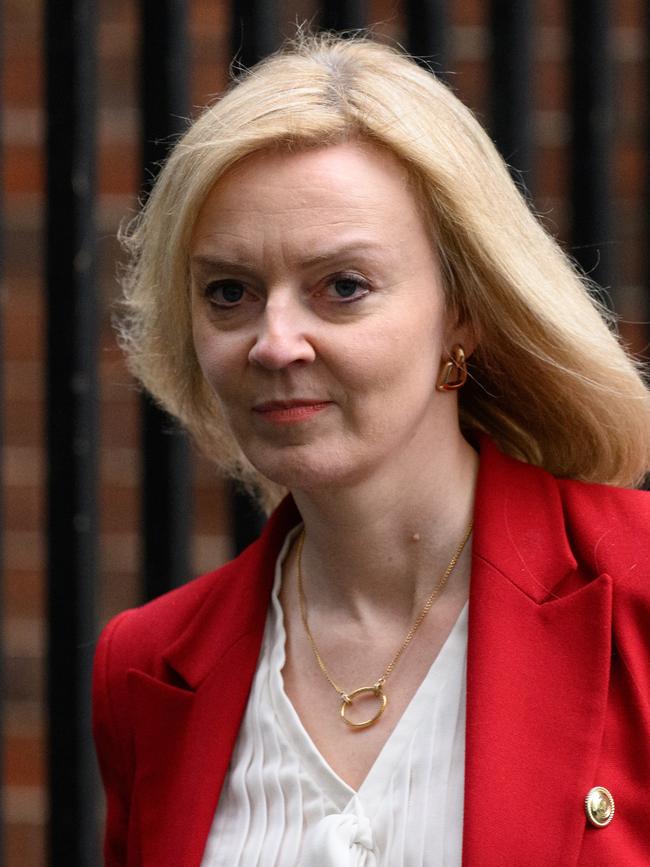
With Australia and Britain both being members of the Five Eyes intelligence-sharing network, the talks will canvass how to maintain cyber security and protect critical technology.
They follow Australia, Britain and the US striking the AUKUS deal last September, which will facilitate Australia obtaining nuclear-powered submarines.
Tensions in the Asia-Pacific amid China’s campaign of economic coercion are also expected to be discussed.
Senator Payne said the meetings would consider how the nations could increase their strategic ties given the “international environment is becoming more complex and challenging”. “AUKMIN is a demonstration of the strong partnership between Australia and the United Kingdom, underpinned by a shared commitment to deliver on practical actions that reinforce the sovereignty, resilience and prosperity of the Indo-Pacific,” Senator Payne said.
Mr Dutton said the talks would consider ways to strengthen collaboration in defence capability, cyber security, critical technology, deterrence and sustainable investment in infrastructure.
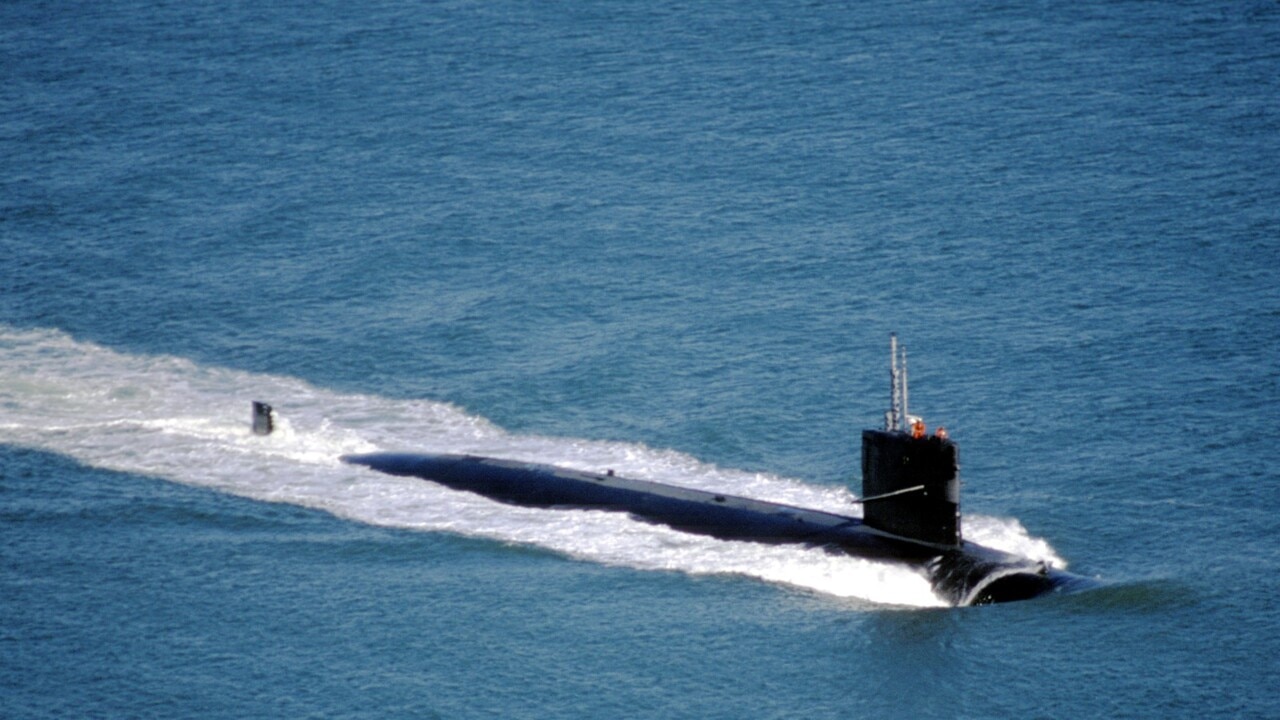
“I’ve spoken with Defence Secretary Wallace on many occasions, but this trip will mark the first time Ben I meet in person, which I’m very much looking forward to,” Mr Dutton said.
“With the United States under AUKUS, we’re advancing our plans for Australia’s acquisition of nuclear-powered submarines. But we are also making good progress in many other areas of collaboration, such as in artificial intelligence, quantum technologies, cyber and undersea capabilities.”
Australian Strategic Policy Institute executive director Peter Jennings said the AUKMIN meeting was significant given it was the first since AUKUS was established.
“We have got Boris Johnson wanting to lead a British re-engagement in the Indo-Pacific which we have not seen for some decades,” Mr Jennings said.
He said it was crucial for there to be a “practical” result from the talks, ideally with Britain agreeing to have a military presence in Australia. “Are we going to see a British military presence in the Indo-Pacific region permanently or is it going to involve doing things in Australia? They are the sort of things I would like to see,” he said.
“There is certainly a sense that the British are now interested in being able to keep a ship out here. I would hope they would look to Australia first rather than any other country.”
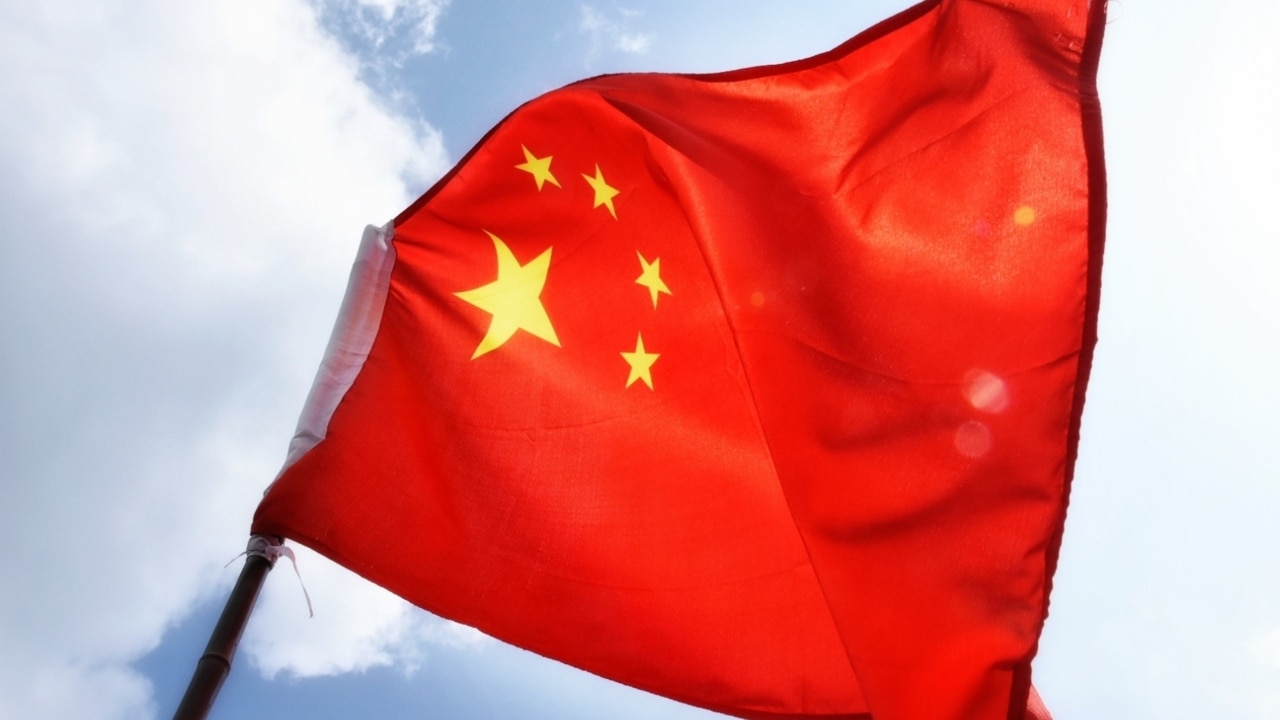
Mr Jennings said a stronger British presence in the region would be a counterpoint to China’s growing influence.
“What seems to have had China most annoyed in the last 12 months has been when you get new groupings announced, which are really about pushing back against China,” he said.
“Let’s have more of them. China really doesn’t like to see the major democracies co-ordinating their actions to resist its pressure.”
Australian National University professor John Blaxland said he expected there would be a deal on defence technology.
“Part of AUKUS was about technology sharing to enable the construction of, in Australia, a lot of hi-tech munitions for supply purposes, so that there would be a stockpile here,” Professor Blaxland said. “The Brits will be looking to position themselves as well as possible to compete with the Americans.”
Professor Blaxland warned Australia needed to tread carefully to avoid the meeting being portrayed as an “Anglo versus the rest” by hostile nations. “And that’s the worry that could potentially be exploited that way to gain leverage in some of the countries that Australia is looking to seek to influence more effectively – countries more inclined to support our views in the Pacific in Southeast Asia,” Professor Blaxland said.
The AUKUS agreement — a trilateral security pact between Australia, UK and US — was heralded by Mr Morrison as a game changer for Australia’s geopolitical strategic interests. To enter the deal, Mr Morrison tore up the $90bn French Naval Group submarine contract.

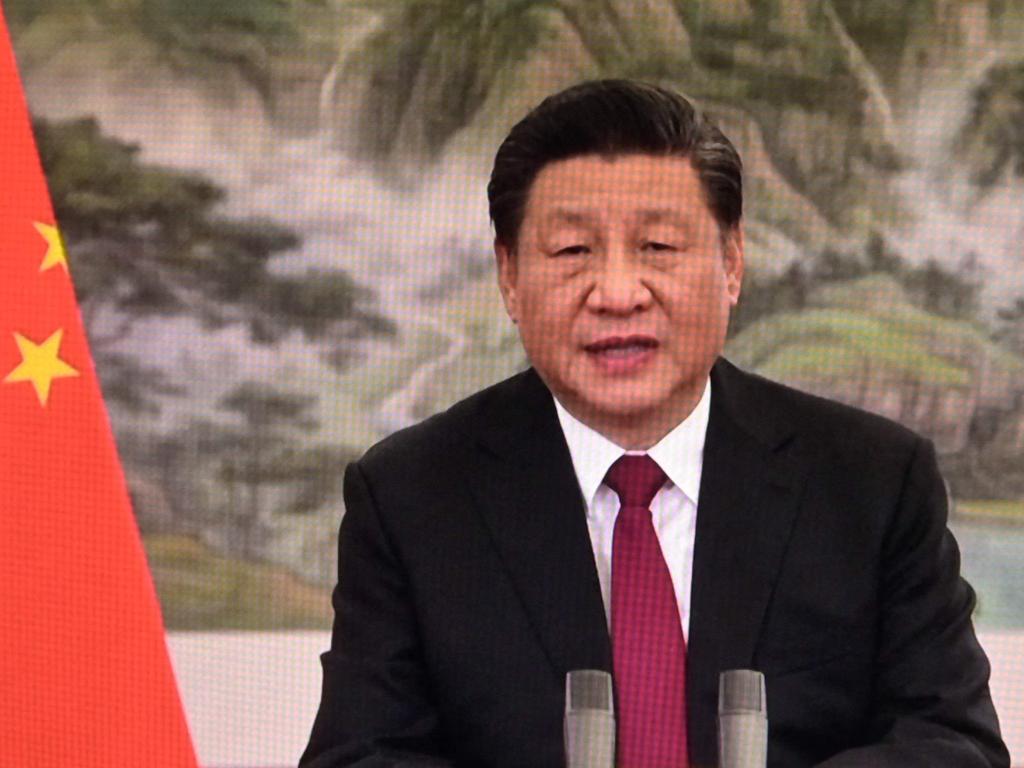

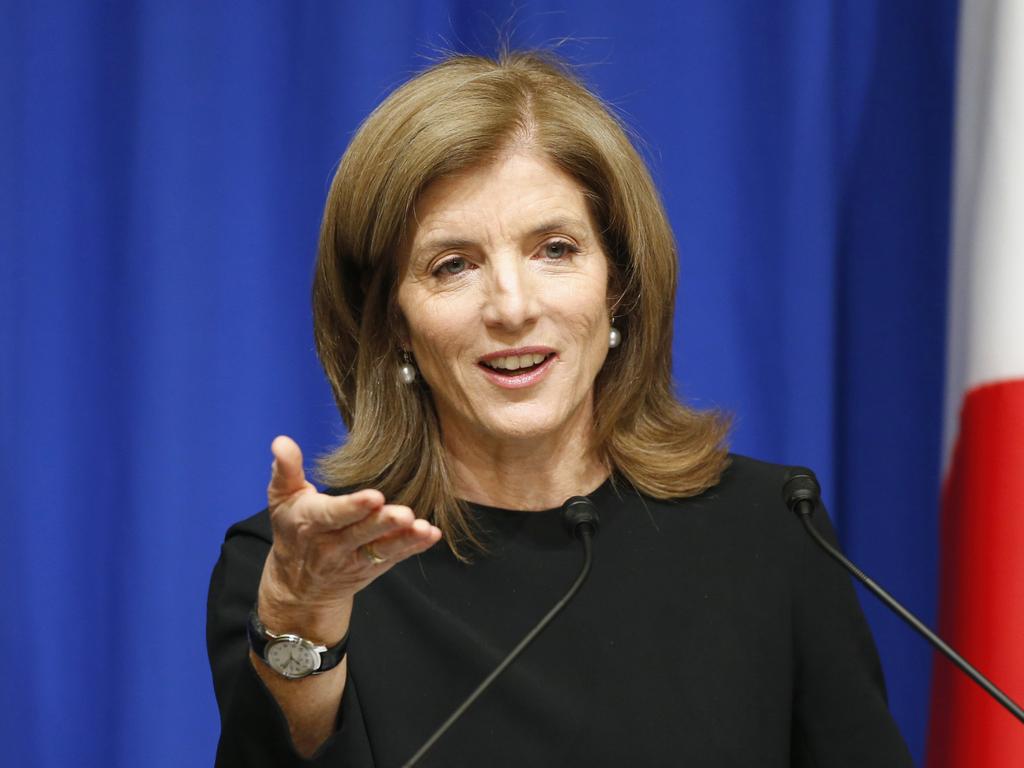

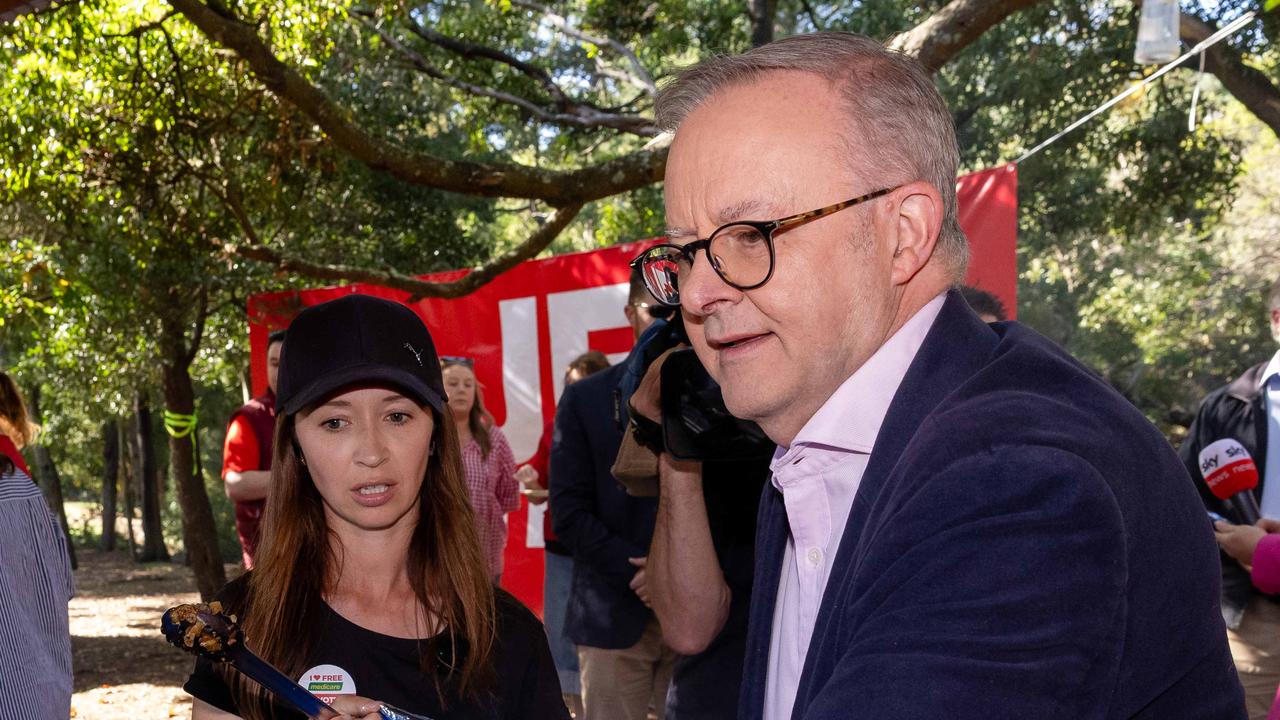
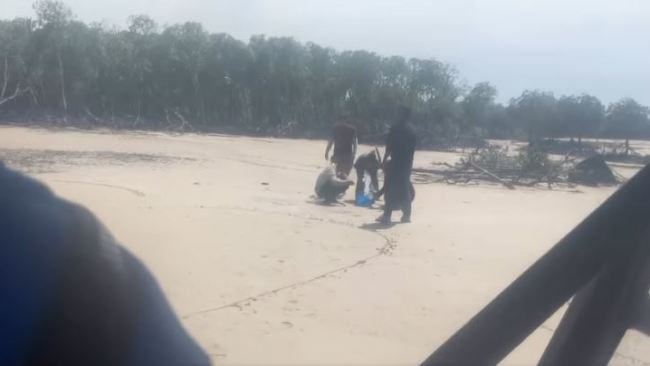
To join the conversation, please log in. Don't have an account? Register
Join the conversation, you are commenting as Logout